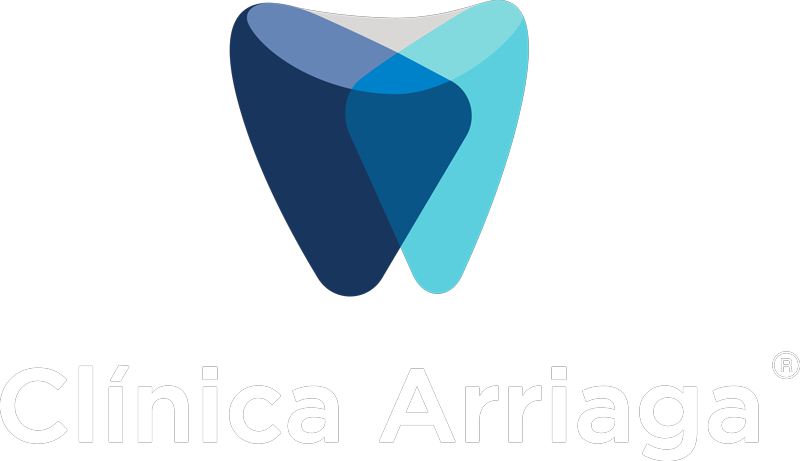Improving oral health in older people
Undoubtedly, oral health is considered integral to overall health. Improving oral health in older people is crucial for their overall well-being and quality of life. As people age, they become more susceptible to oral health issues like gum disease, tooth decay, and dry mouth. This issues can have negative consequences on self-esteem and quality of life.
A number of common health problems such as diabetes, arthritis, cancer and smoking can have side effects linked to oral health, as can the medications that are taken to treat such problems.
Moreover, dental care is crucial to support our older generations, with a focus on preserving natural teeth for as long as possible. Nothing beats having your own teeth! Achieving this goal involves reducing risks and increasing protective factors.
Furthermore, the partial or complete absence of teeth can have serious consequences, affecting both physical and emotional health. This includes reduced chewing ability and difficulties in interpersonal communication.
As people age, the most common oral issue among the elderly is the development of cavities, particularly in tooth decay. Other problems can also arise, such as periodontal disease (gum disease),tooth loss, changes in oral function (chewing), dental erosion, oral cancer and xerostomia (dry mouth).
Is it too late to improve my oral health?
Overall, by implementing these strategies, we can significantly improve oral health outcomes for eldery people, contributing to better overall health and quality of life.
To summarise, it’s never too late to adopt healthy lifestyle choices that promote oral health!




